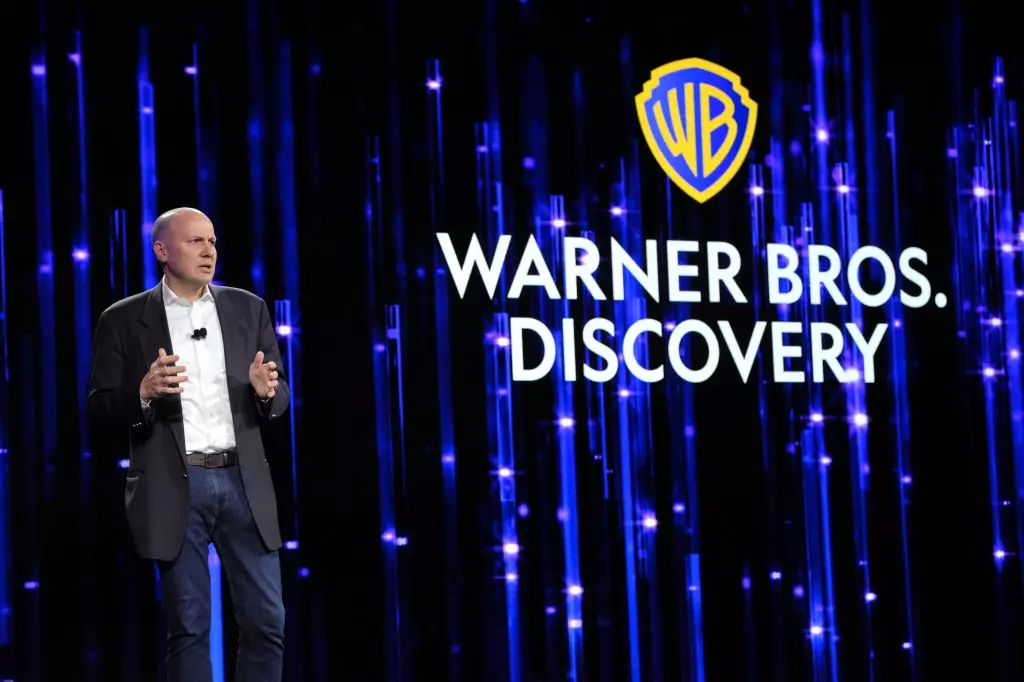As the streaming industry continues to evolve, Warner Bros. Discovery (WBD) faces critical decisions regarding its distribution strategy for HBO content in key European markets like the UK, Germany, and Italy. With the introduction of Max, the company is now considering potential partnerships that may redefine how they deliver content to various audiences. At the Wells Fargo TMT Summit, WBD’s JB Perrette mentioned Amazon as a possible new partner, highlighting the importance of adaptability in a rapidly changing media landscape.
For years, Sky has been HBO’s primary distributor in Europe, a relationship that has yielded significant benefits for both entities. However, with current agreements set to expire within a year, WBD is at a crossroads. While Perrette suggested that Sky might still collaborate with their company, the mention of Amazon signifies a desire to explore alternatives. This is particularly pertinent given the competitive nature of these markets. As streaming platforms become dominant, the dynamics of these relationships are being scrutinized, with traditional cable and satellite methods being increasingly challenged by direct-to-consumer models.
WBD, like many media companies, has recognized that acquiring and retaining subscribers in the streaming arena is far more challenging than in the linear TV model. The launch of HBO Max in 2020 under AT&T set a precedent for global expansion; however, it also exposed the cost and complexity involved in building a standalone platform. Direct-to-consumer services require rigorous marketing strategies and significant investment to attract subscribers without the safety net that traditional distributors provided. Perrette acknowledged these difficulties, emphasizing that the proof of concept for their strategy lies in past successful partnerships.
Perrette’s insight into navigating a dual approach—maintaining both direct-to-consumer channels while leveraging existing distribution partners—reflects a growing trend among media companies. By utilizing Sky’s established user base, WBD can optimize its reach without solely depending on standalone subscriber acquisition. However, this path necessitates a detailed understanding of market dynamics, subscriber preferences, and the overall content landscape within these territories.
The discussions surrounding the future of HBO’s distribution involve careful evaluation of both opportunities and risks. As Perrette noted, while traditional distribution models are under pressure, there remains a strong case for maintaining partnerships with established players like Sky. The challenge lies in balancing direct offerings and distributor relationships to maximize reach while preserving profitability. Ultimately, WBD’s strategy will need to be agile, adapting to rapidly shifting viewer expectations and technological advancements. The outcome of these deliberations will undoubtedly shape the future of HBO’s content delivery in Europe, making this a pivotal moment in the company’s evolution.


Leave a Reply